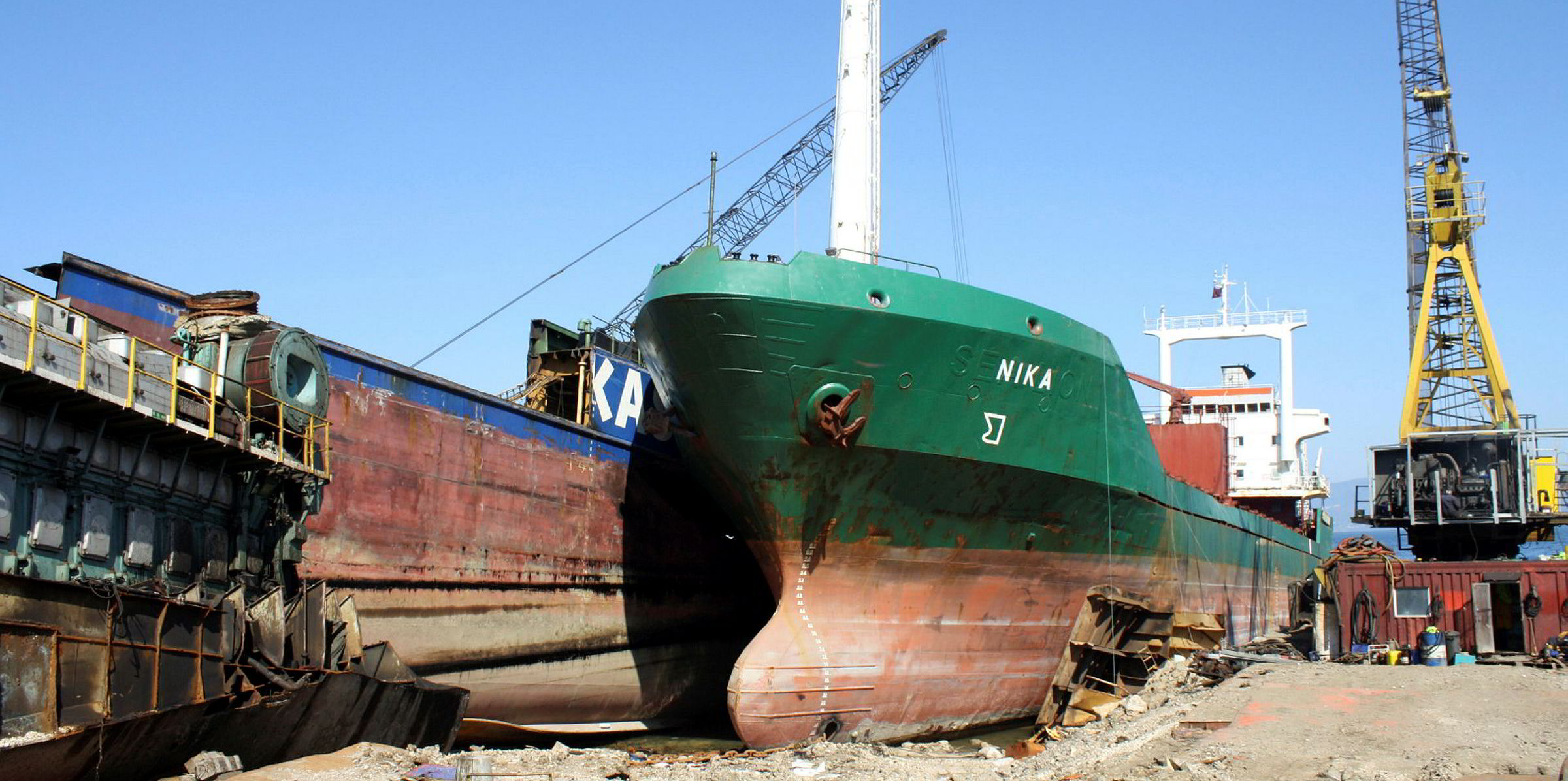New IMO 2020 low-sulphur fuel rules are set to seriously reduce the viable working life of older chemical tankers, a new report claims.
Vessels could be sent for recycling five or six years earlier than usual, Eastport Research & Strategy says.
The average age of a chemical tanker at scrapping is 26 years.
Eastport says an investment in scrubbers to comply with IMO regulations would take five to six years to pay back, meaning ships over 20 years of age may not break even and could be torched.
The analyst cites shipowners as saying ships below 15,000 dwt may not be able to install a scrubber due to insufficient space.
"We expect the fleet for 14,000-22,999-dwt vessels to shrink by 10% in 2020," Eastport said.
Big cull ahead?
About 44 vessels could go to breakers in the 19,000-dwt size group.
Tanker scrapping activity continued to dominate the market in the third quarter of 2018 backed by a spike in September, according to specialist Ed McIlvaney.
Double the number of tankers were scrapped between the start of July and the close of September this year compared to last, with the jump greater in capacity terms, figures from McIlvaney showed.
He counted 221 tankers and combination carriers sold for scrap in the third quarter of this year, with the ships accounting for a combined 19.9 million dwt.




